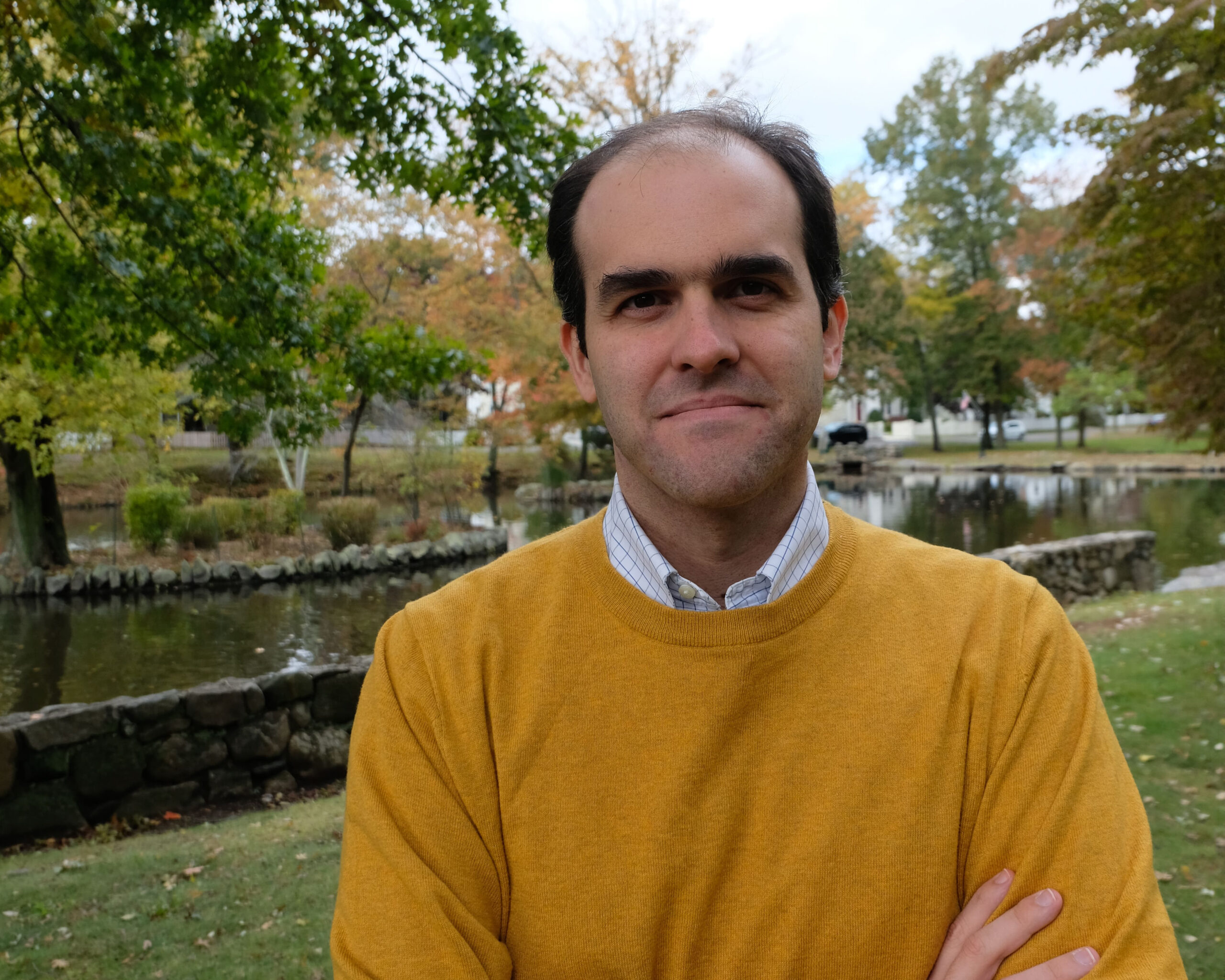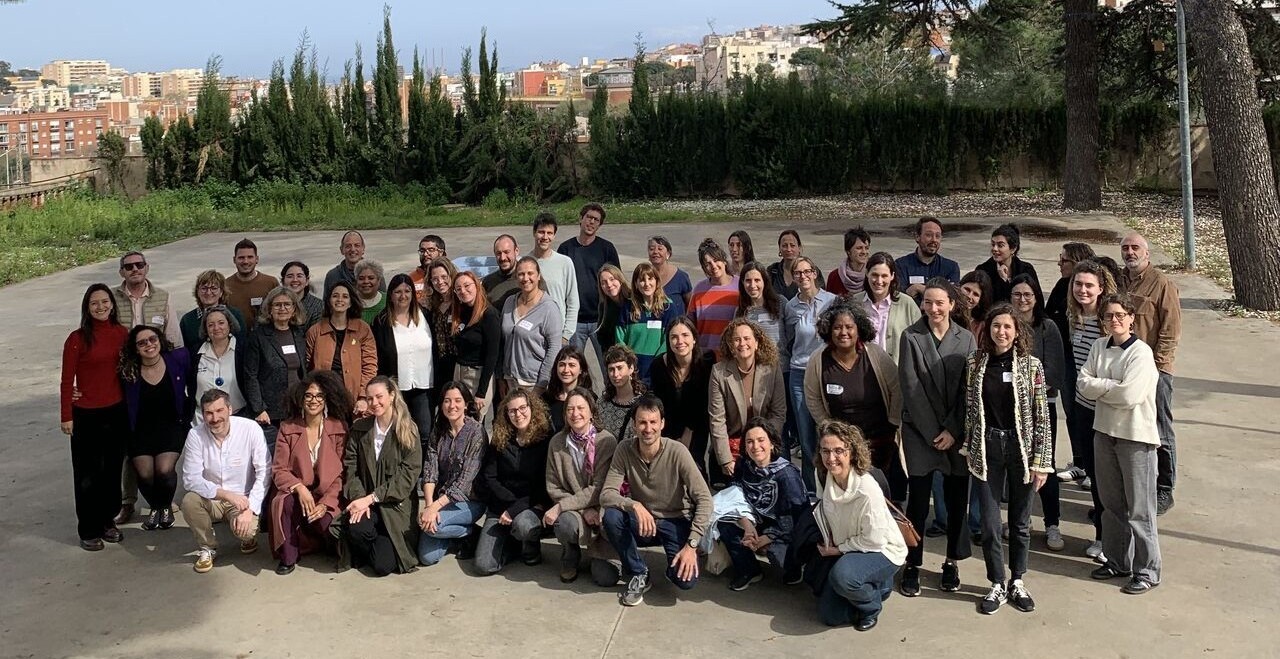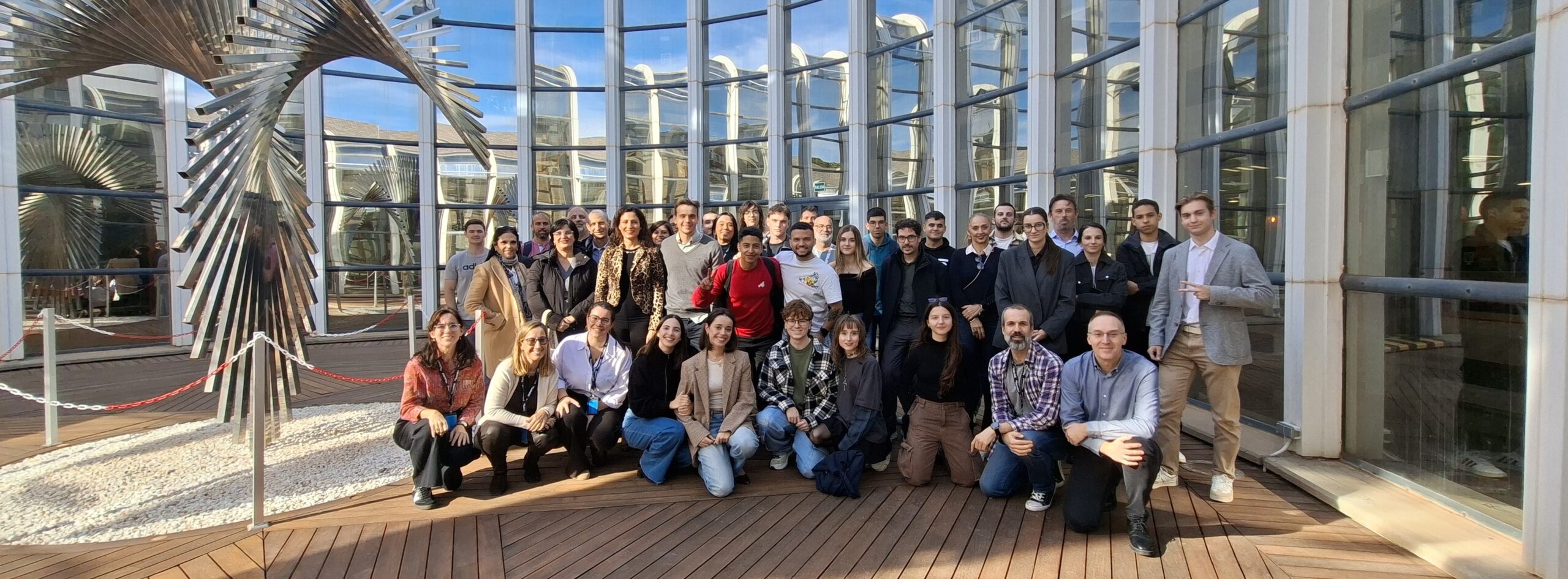
The Banco Sabadell Foundation has chosen to grant the XXIII Award for Economic Research to Eduardo Dávila, Professor of Economics and Finance at Yale University, for his work at the intersection of financial economics and the economics of information and market imperfections.
This year’s panel of judges, chaired by Professor Teresa Garcia-Milà, highlighted Dávila’s application of mechanism design (also known as implementation theory), as it provides “an innovative approach enabling improved regulation of the financial sector”. She added that “recognising market imperfections, his research explores which financial regulations offer the optimal balance between the positive and negative effects on different people and businesses”.

Eduardo Dávila holds a Bachelor’s degree in Economics from the Pompeu Fabra University and a PhD in Economics from Harvard University. Currently, in addition to being a Professor of Economics and Finance at Yale University, he is a researcher at the National Bureau of Economic Research (NBER), and was previously a Professor of Finance at the NYU Stern School of Business. His research work focuses on finance and macroeconomics, with particular emphasis on policy and welfare issues. Among other topics, he has studied pecuniary externalities, taxation on corporations and financial transactions, and the optimal design of financial regulations and monetary policy.
“My work seeks to design a general framework for attributing the welfare gains or losses produced by different policies in dynamic, stochastic and disaggregated economies with different frictions”, explained Professor Dávila. “In particular, one of my most recent research projects introduces a new method to compare the implications of policies that impact multiple generations, such as pension policies, educational policies or those related to climate change. The ultimate objective of this new line of research is to review the existing methods used to evaluate public policies.”
Dávila obtained the First National Award for Excellence in Academic Performance in Economics and he has received the Top Finance Graduate Award, the NSF CAREER Award and the Alfred P. Sloan Fellowship for his research work. The panel of judges of the Banco Sabadell Foundation award underlined the “huge international prestige” associated with Professor Dávila’s many publications.
The Chairman of Banco Sabadell and of the Banco Sabadell Foundation, Josep Oliu, stated that this award, created in 2001, represents a boost to the career path of young researchers and a seal of excellence for their work. “Over its 23 editions, this award has recognised the work of young researchers who have gone on to become key figures in economics research”, explained Oliu, who congratulated Professor Dávila on “the normative approach of his work, which develops theoretical frameworks for the evaluation and design of public policy”.
The award ceremony will take place on October 8 at an event held at the Banco Sabadell center in Oviedo. This prize, together with the Awards for research in Biomedicine and in Science & Engineering, which were presented in July for research in the fields of fertility and climate change; as well as the Marine Sustainability Award, to be presented on 5 November in Alicante, form part of Banco Sabadell Foundation’s commitment to recognising top-tier research talent and highlighting the impact of their lines of research on people, in terms of progress and wellbeing. “The Banco Sabadell Foundation awards are a form of recognition, at national and international level, of the work of our researchers, giving them the visibility they deserve” added Oliu.


